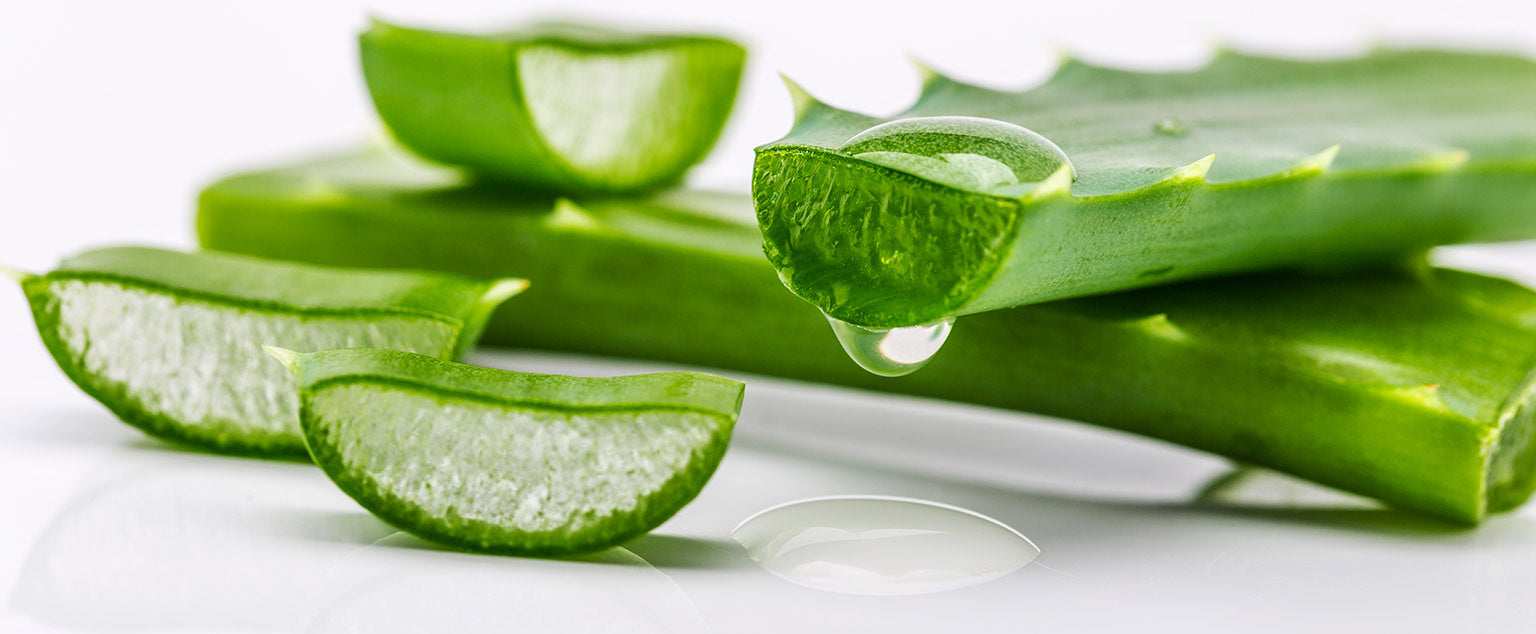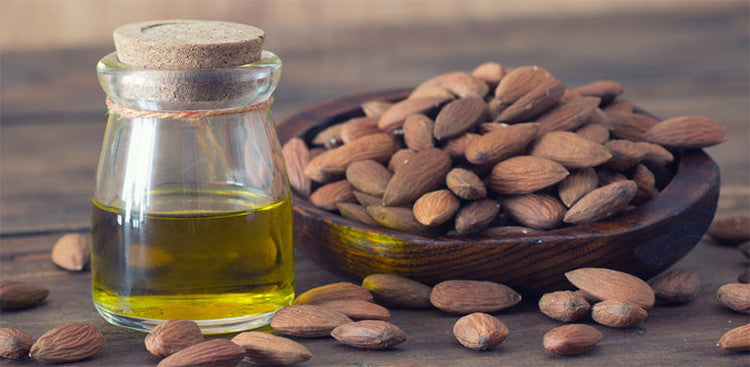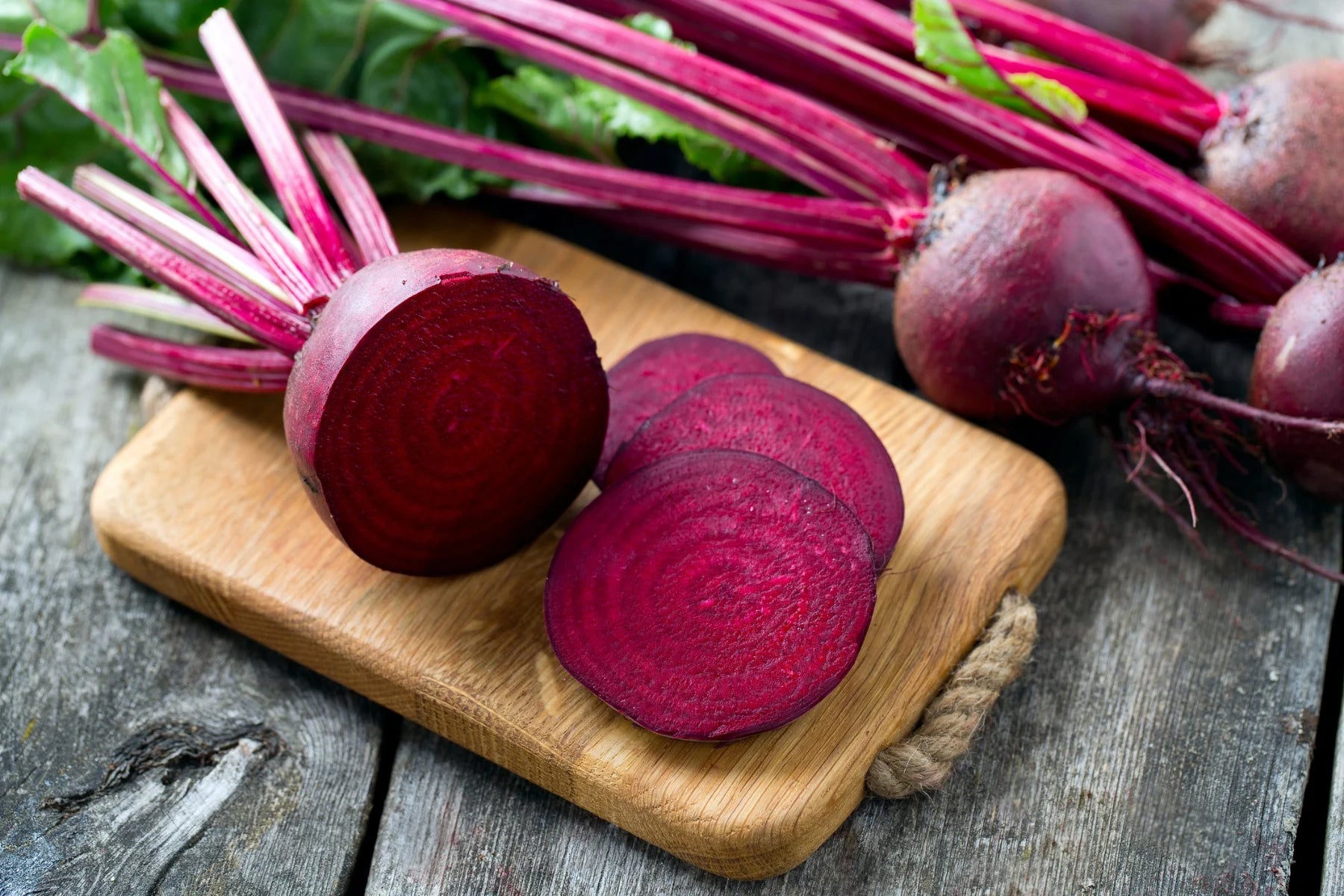
Aloe Leaf Juice and How It Helps with Acne
What is Aloe Leaf Juice?
Aloe Barbadensis Leaf Juice, often simply referred to as aloe vera juice, is the liquid extract obtained from the leaves of the Aloe barbadensis miller plant, commonly known as aloe vera. Aloe vera is a succulent plant with thick, fleshy leaves that contain a clear, gel-like substance. This gel is rich in bioactive compounds, including vitamins, minerals, enzymes, amino acids, and polysaccharides, which are known for their potential health and skincare benefits.
Aloe Leaf Juice is renowned for its versatile applications and is used in various industries and products, including:
- Skincare: Aloe vera juice is a common ingredient in skincare products like creams, lotions, gels, and sunscreens. It is known for its soothing, moisturizing, and healing properties. Aloe vera can help alleviate skin irritation, redness, and dryness, making it popular for treating sunburn, minor burns, and various skin irritations.
- Haircare: Aloe vera is used in shampoos, conditioners, and hair treatments. It can improve the health and condition of hair and scalp, reducing dandruff and promoting hair growth.
- Wound Healing: Aloe vera is historically recognized for its wound-healing properties. It can enhance the regeneration of skin tissue, reduce inflammation, and promote the healing of minor cuts, burns, and abrasions.
- Anti-Inflammatory: Aloe Leaf Juice contains compounds with anti-inflammatory properties, making it beneficial for reducing redness, swelling, and discomfort associated with skin conditions like acne, dermatitis, and psoriasis.
- Moisturization: Aloe vera is a natural moisturizer that can hydrate the skin without leaving a greasy residue. It is suitable for various skin types, including sensitive and oily skin.
- Antioxidant Protection: Aloe vera juice contains antioxidants that help protect the skin from damage caused by free radicals, which can contribute to premature aging and various skin issues.
- Digestive Health: Aloe vera juice is also consumed orally for potential digestive benefits. It is believed to help soothe digestive discomfort and promote gastrointestinal health.
- Immune Support: Some individuals use aloe vera for its potential immune-boosting properties, although more research is needed in this area.
How Aloe Leaf Juice help with acne:
Aloe Leaf Juice delivers moisturizing, soothing, and anti-inflammatory properties to the skin, making it great for treating burns and other skin ailments. It can offer several benefits for individuals with acne-prone skin:
- Anti-Inflammatory Properties: Aloe vera contains compounds like acemannan, which possess anti-inflammatory properties. These properties can help reduce redness, swelling, and inflammation associated with acne lesions.
- Soothing and Cooling Effect: Aloe vera has a natural cooling effect on the skin, which can provide relief to irritated or inflamed areas. This can be particularly beneficial for individuals experiencing discomfort from acne breakouts.
- Moisturization without Clogging Pores: Aloe vera is an excellent natural moisturizer that is lightweight and non-comedogenic. It hydrates the skin without clogging pores, making it suitable for acne-prone skin. Proper hydration can help maintain skin health and balance.
- Antibacterial Properties: Aloe vera contains natural antibacterial compounds that can help inhibit the growth of acne-causing bacteria. This can contribute to reducing the occurrence of new acne lesions.
- Wound Healing: Aloe vera is known for its wound-healing properties. It can aid in the repair and regeneration of damaged skin tissue, which is especially important for individuals with acne, as it can help prevent scarring.
- Scar Reduction: Aloe vera may help minimize the appearance of acne scars and hyperpigmentation. Its ability to support skin regeneration can contribute to a smoother complexion over time.
- Gentle Exfoliation: Aloe vera contains enzymes that can help exfoliate dead skin cells. This gentle exfoliation can prevent pores from becoming clogged, reducing the likelihood of new breakouts.






